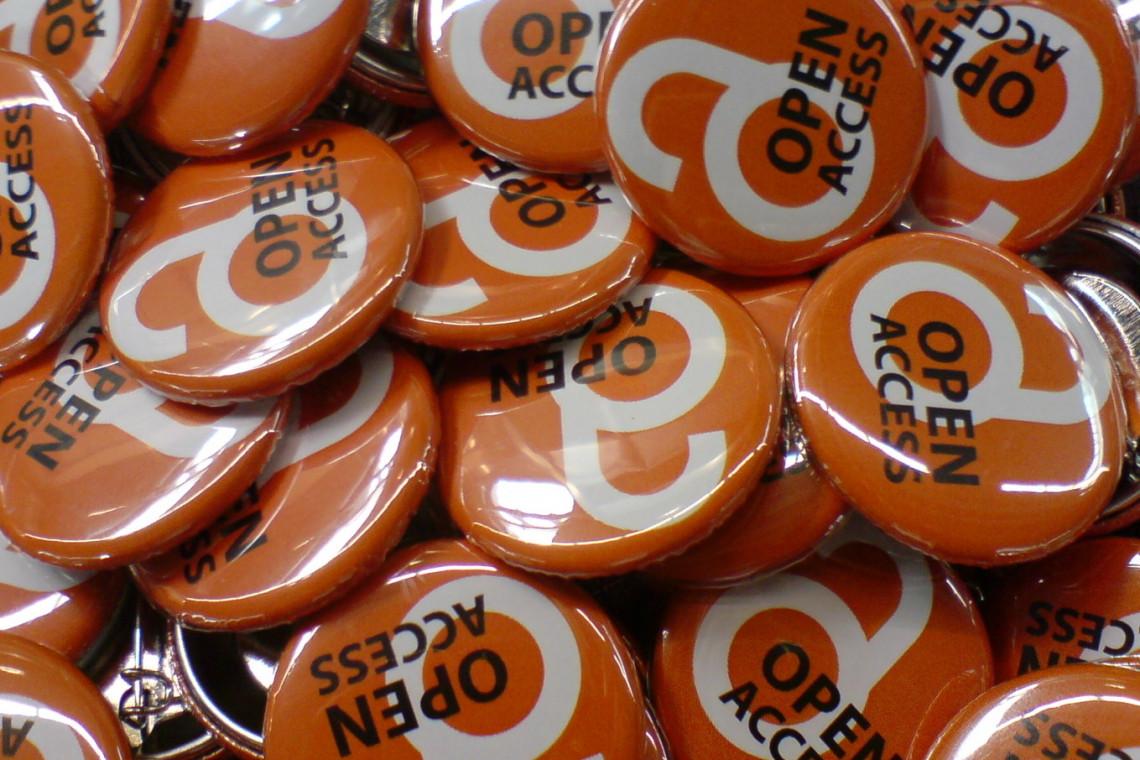Only half of last year's Dutch scientific articles can be read in open access

In its coalition agreement, the current cabinet laid down its ambitions to make open science and open access the norm, the idea being that the results of publicly funded research should be accessible to everyone. As such, the government’s aim is to make every single article published by a Dutch university available through open access in 2020.
But if this goal is to be made a reality within one year, it’s all hands on deck for Dutch academia. New figures published by the VSNU – the association of universities in the Netherlands – show that last year only 54 percent of all peer-reviewed articles published by the fourteen universities in the Netherlands were available through open access. That figure was 42 percent in 2016 (when the VSNU first published figures on open access) and 50 percent in 2017.
Accelerated transition
“The upward trend we’ve seen in recent years is still continuing, but it does seem to be levelling off somewhat,” says Minister Van Engelshoven. Clearly, progress is being made, but Van Engelshoven is well aware “that there are still big steps to be taken.” Nonetheless, she believes that the government’s goal of achieving full open access in 2020 remains within reach, and has begun implementing policy measures to help accelerate the transition.
One such measure is the requirement that researchers publish exclusively in open access journals (Plan S), inspired by ‘cOAlition S’, an international group of research funders (including the Dutch Research Council and ZonMW) which supports the Dutch government’s efforts to transition away from traditional scientific publishing.
The VSNU is currently in talks with a number of leading scientific publishers about accelerating the transition to open access, and is optimistic about the cabinet’s goal for 2020. “It’s a tight deadline and a hard transition, but we are confident that we’ll make it,” a spokesperson said.
Financial support
Minister Van Engelshoven will also provide financial support for projects under the National Open Science Programme, which brings together researchers and public administrators. In addition, she will be making funds available to the National Open Science Coordinator. Former Rector Magnificus of Delft University of Technology Karel Luyben took on this role at the beginning of 2018.